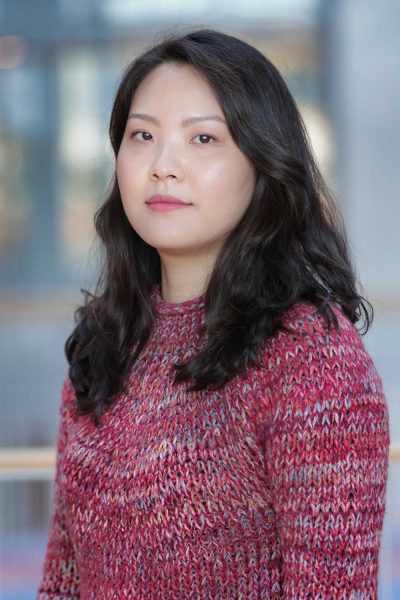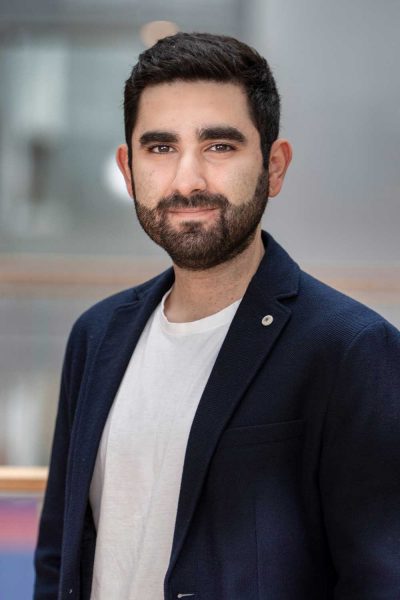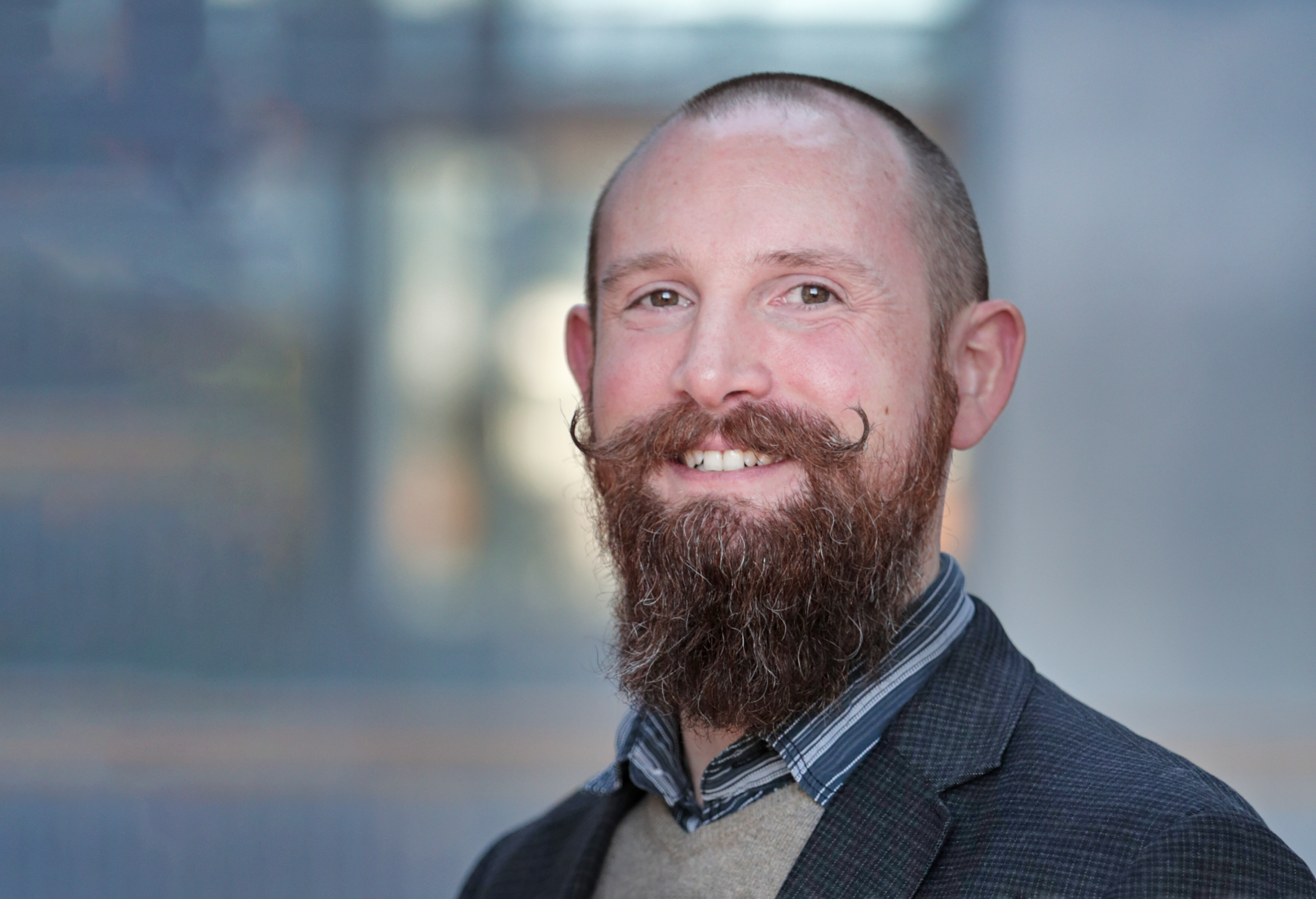The European Research Council has decided to withdraw from Plan S, citing its potential negative impact on early career researchers. What do the new generation of researchers actually think?
Craig Aaen-Stockdale, Senior Adviser, BI
Plan S is an ambitious and deliberately disruptive strategy intended to accelerate progress towards the goal of full and immediate Open Access to research publications due to come into effect next year.
By insisting that all publications resulting from projects funded by coalition partners be published openly, the Plan S partners hope to spur innovation, provide better value for the taxpayer, streamline the scientific process, improve the reliability of published research, and use their collective political and economic muscle to force an oligopoly of large publishers to reconsider the arguably obsolete model of the subscription academic journal.
ERC leaves the Plan S coalition, referring to young researchers
Since its announcement, Plan S has proven highly divisive, and the latest in a long line of hiccups occurred in July when the European Research Council (ERC) announced its departure from the coalition.
In their press release, the ERC justified their action as being in the interests of researchers, «especially» early career researchers (ECRs). As was rapidly pointed out, the ERC had neglected to consult with several organisations representing European early career researchers, amongst them the European Council of Doctoral Candidates and Junior Researchers and the Young Academy of Europe.
This was a curious oversight since study after study has demonstrated that young researchers are overwhelmingly positive towards open access and the principles of open science. In light of the ERC’s apparent failure to consult properly on this issue, I wondered what young researchers in Norway thought about open access, Plan S, and the ERC’s decision.
ReproducibiliTea

Yooeun Jeong and Lewend Mayiwar are both PhD candidates in the Department of Leadership and Organisational Behaviour at BI Norwegian Business School, and co-organise a regular journal club called ReproducibiliTea. This journal club is part of a large international network of over a hundred clubs in twenty-five different countries, led mostly by early career researchers.
The initiative was started by young researchers at the University of Oxford in 2018, partly in response to what has become known as the «replication crisis».
As might be expected, Lewend and Yooeun are very positive to open access.
«I fully support the idea that research output should be made easily accessible to anyone free of charge», says Lewend, adding: «Ideally, this should also include data, code, or other key materials that are necessary to reproduce the results.»

Yooeun elaborates on their enthusiasm for more openness in research: «Open Access should be the default method for the distribution of scholarly materials», she says. «It makes sense from the perspective of the public good, and it would also remove the inequality between researchers working at institutions with varying levels of financial means.»
Paywalls restrict the spread of knowledge
Ivan Korsak is a PhD candidate in the Department of Marketing at BI and expresses his opinion in even stronger terms: «It is just not moral that publishers get all the rights, and restrict the spread of knowledge by setting up paywalls.» He also points to the potential societal benefits of open access that should be front-and-centre for those considering it from the perspective of a business school.
«It is crucial that produced knowledge is applied in industry», he explains, pointing out the economic impacts that can accrue from innovation if companies only had access to the latest research. «Practitioners are probably not ready to pay high fees for top marketing journals», he says, pointing out one of the primary problems with the dominant model of the subscription journal.

Plan S, a step in the right direction
On the subject of Plan S, the BI students are less certain, but still optimistic. «It seems to be a momentous step towards more open science», says Yooeun. Lewend is similarly positive. «I generally support any effort that seeks to change the current incentive structure where quantity and prestige come before quality and openness», he responds, adding: «To me, Plan S sounds like a step in the right direction».
Ivan is more cautious about Plan S. «Overall, I think that Plan S is a good initiative. However, it can also be detrimental for careers of researchers who are participating in publicly-funded projects. A reality of the academic market is that one needs to publish in good journals in order to get a position. These top journals are owned by publishers.»
The Norwegian body representing early career researchers, Akademiet for ynge forskere, is supportive of the central open science tenet that research should be “as open as possible, as closed as necessary,” but they also warn that the young researchers must not be disadvantaged by the transition to open access.
Akademiet member Jørgen Bølstad from the University of Oslo believes that most of their membership are in principle supportive of open science and open access, but he is personally of the view that Plan S has it back-to-front, preventing talented researchers from publishing in journals that are important for their career progression.
Puzzled by ERC move
“I am struggling to understand the reasoning behind it,” responds Yooeun, when asked about the ERC’s decision to withdraw from Plan S. Her colleague Lewend describes the ERC’s decision as “confusing.”
“I understand the concern that Plan S might disadvantage early career researchers because traditional evaluation metrics still prevail,” says Lewend, wondering whether the global system of incentives in academia is at fault, rather than Plan S.
Ivan makes an important point about the ERC’s responsibility to provide an alternative to Plan S: «It would be nice to see what they plan to do to enhance open source policy if they are not participating in Plan S. While Plan S might not be a perfect solution, we might not find any better.»
What is apparent about the ERC’s decision is that the reasoning behind it is not very clear to the very people who it is designed, supposedly, to protect.
When it comes to the ERC’s failure to widely consult with younger researchers, their disapproval is clear. «It is surprising that the ERC claims to have made this decision based on the needs of early career researchers, without consulting with organizations representing them», Lewend explains. «In my experience, most early career researchers are highly supportive of open science.»
Ivan is even more critical. «It should be the responsibility of the ERC to involve all relevant stakeholders in the decision-making process», he says. If the ERC failed to consult with groups that represent young researchers, he continues. «It makes their decision to leave Plan S not fully legitimate».
Failure to (not) launch
The ERC’s claim to be acting on behalf of young researchers by pulling out of Plan S rings rather hollow when one considers that young researchers are overwhelmingly positive towards the principles of open science.
Their apparent failure to consult widely reinforces my scepticism. In my view, young researchers are forced to adopt more traditional publishing strategies by a dysfunctional global incentive system in science. They may be similarly forced to avoid participation in projects funded by Plan S partners lest they harm their career chances. Neither of these is a ringing endorsement to accept the status quo – where an oligopoly of commercial publishers act as the gatekeepers of knowledge rather than the scientists themselves.
Main photo: Craig Aaen-Stockdale (Photo BI)

